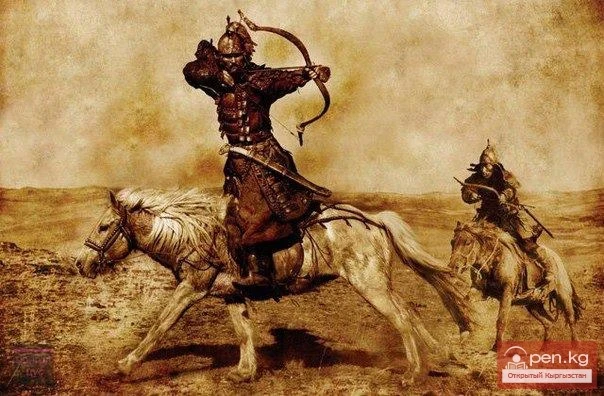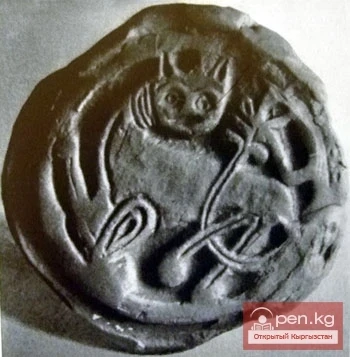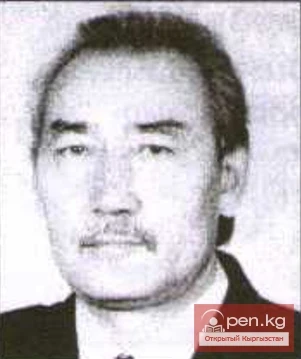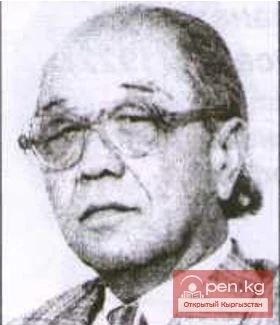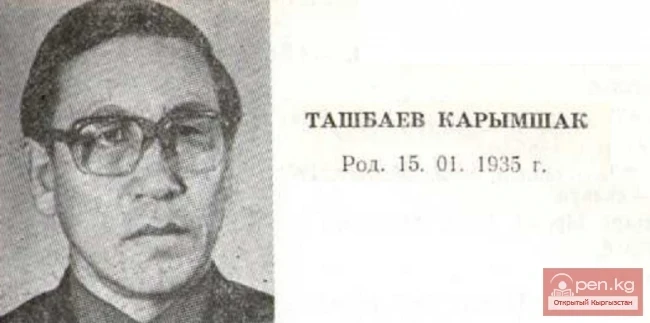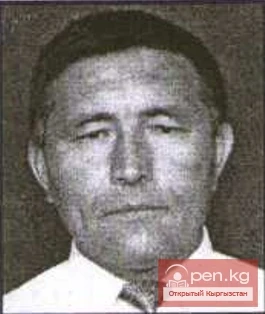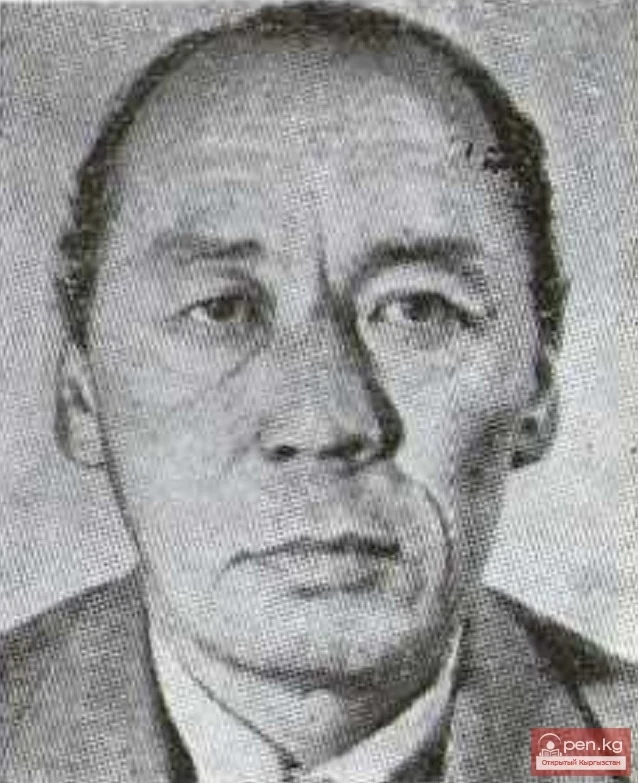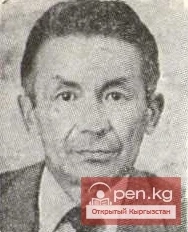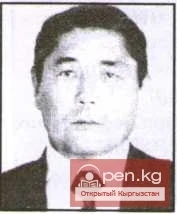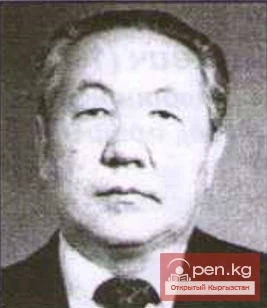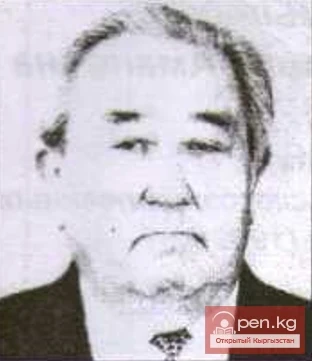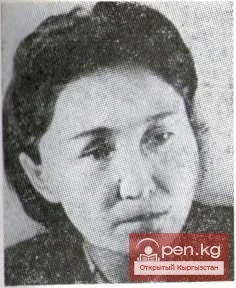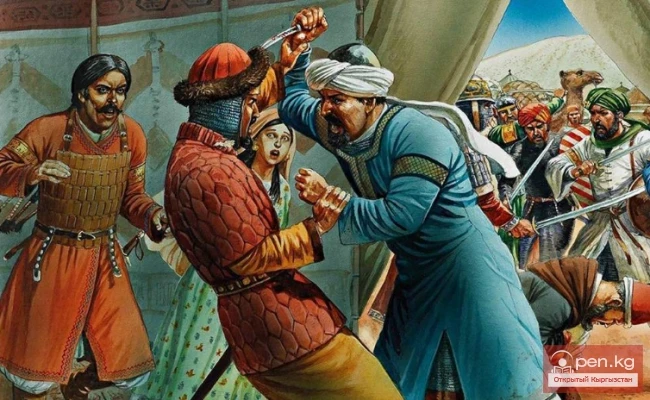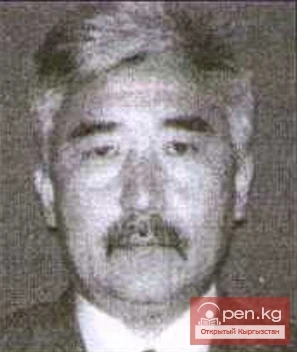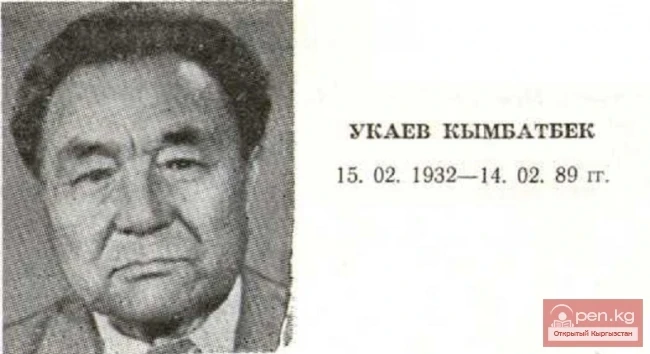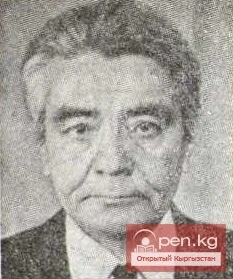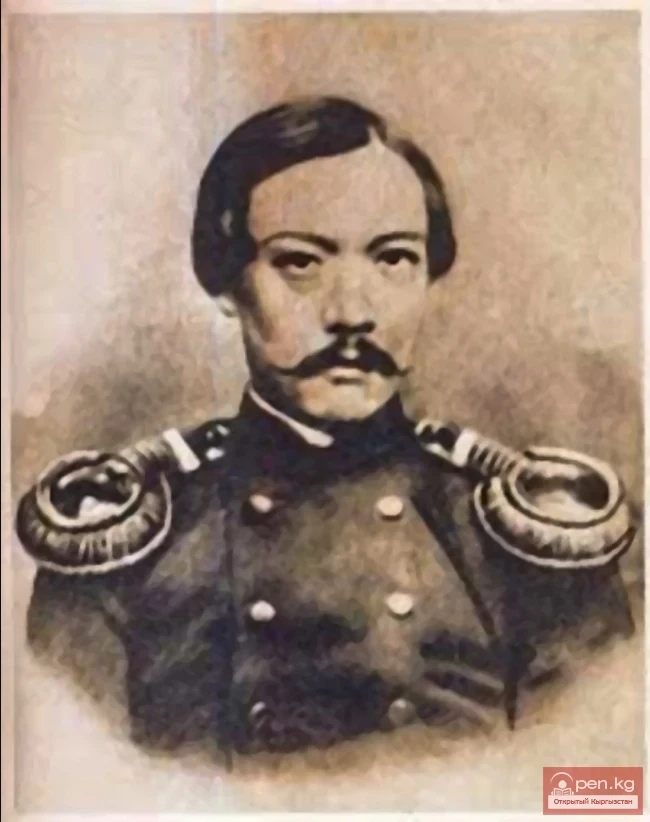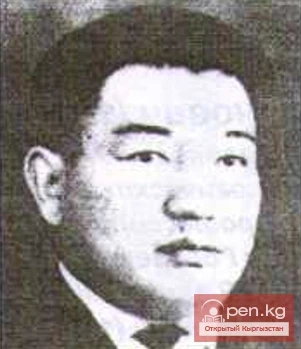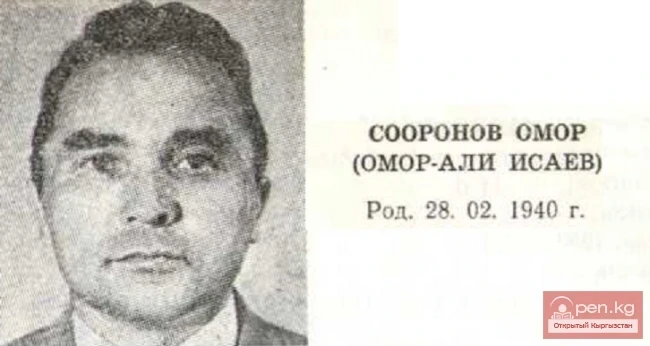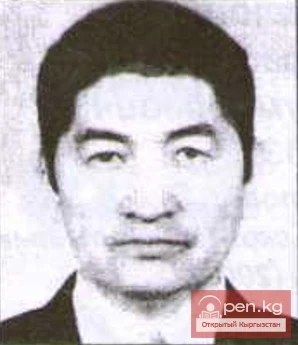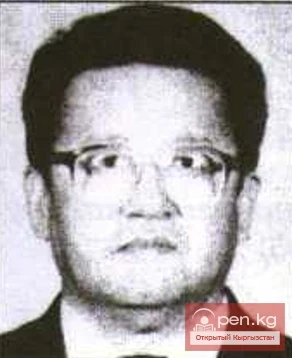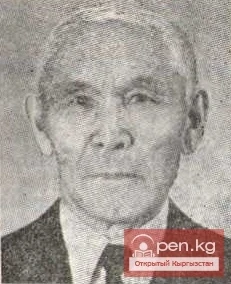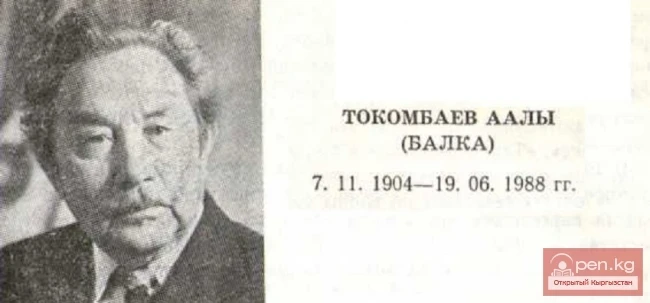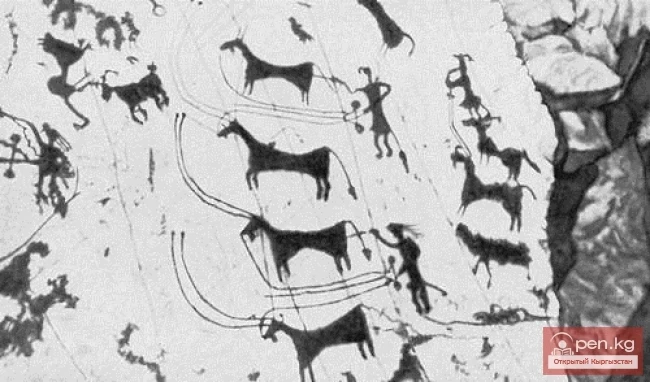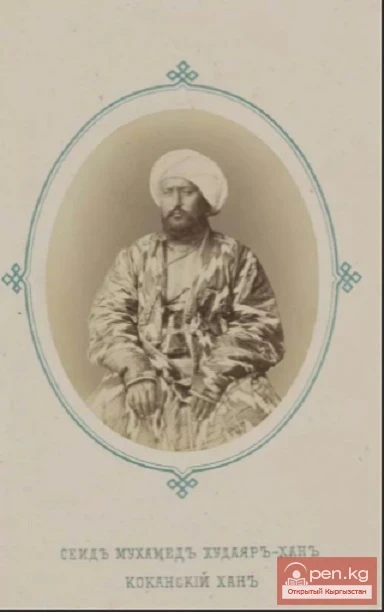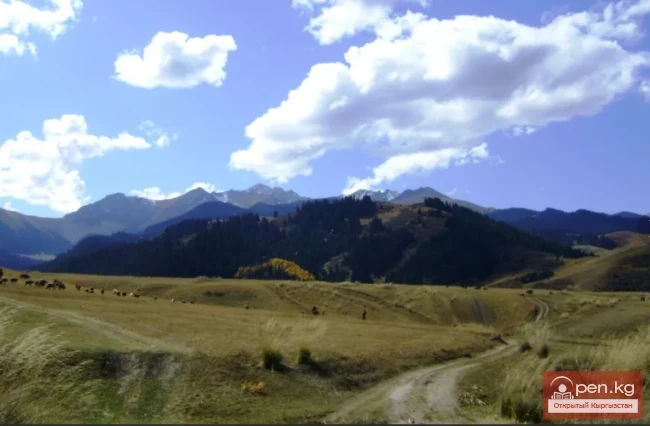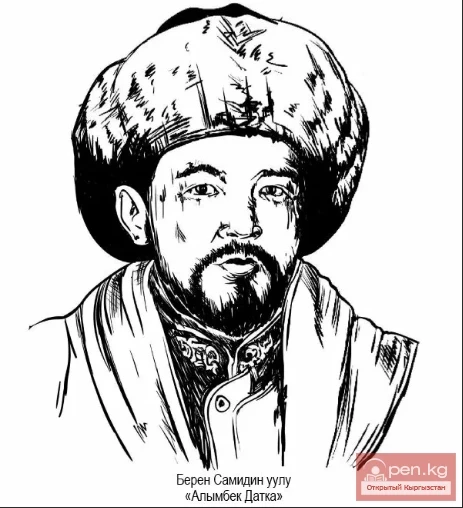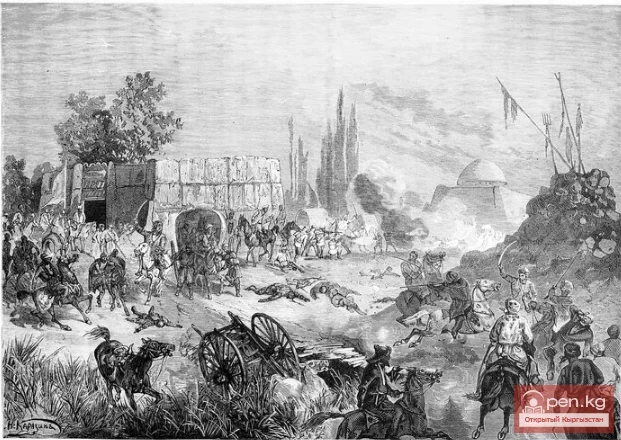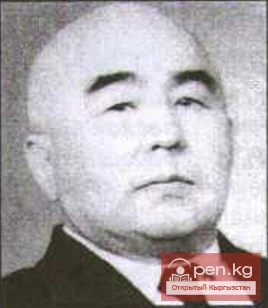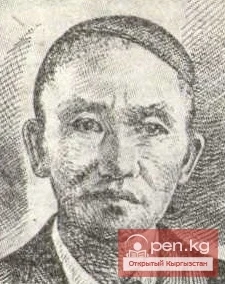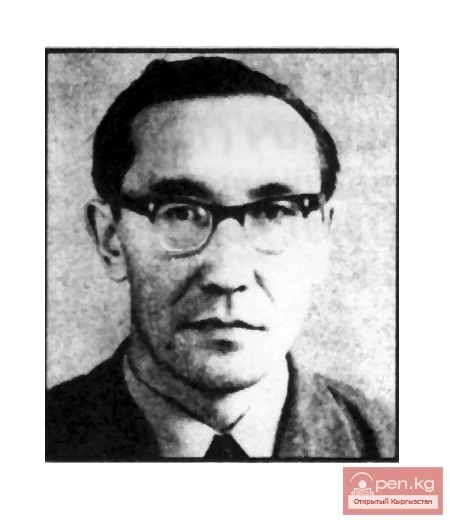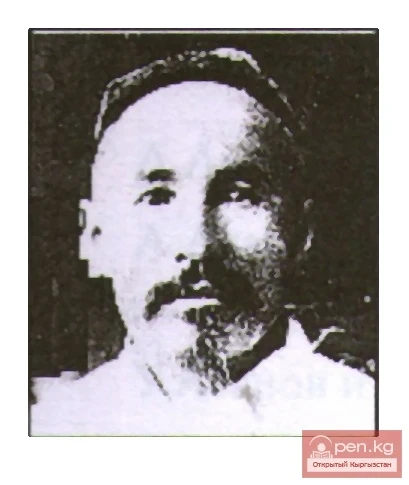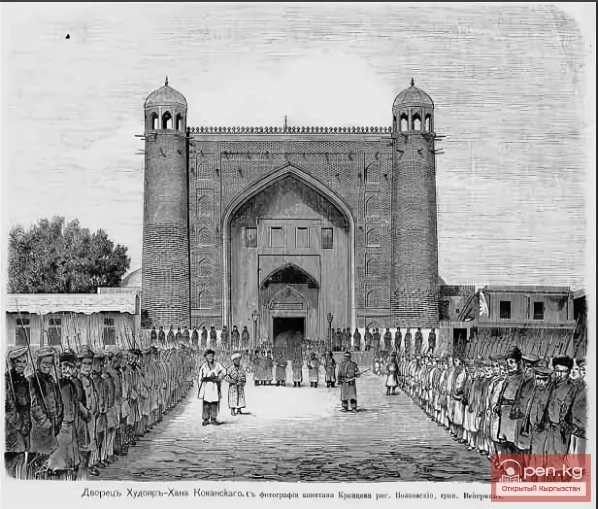
REVOLT THAT ESCALATED INTO A PEOPLE'S WAR
After the defeat in the 1845 uprising, the Kyrgyz rose against the Kipchaks again in 1847. A major battle took place in Namangan in the area of Balikchy, but here too the Kyrgyz were defeated. The main forces opposing them were Kipchak troops led by feudal lords loyal to Muslimkula.
Thus began the darkest period in the history of the khanate - the reign of Khudoyar Khan. He ruled three times, being deposed and then restoring his power. The periods of this despot's rule were as follows: 1844-1858, 1862-1863, and 1865-1875. These years are remembered as a time of the most brutal oppression of the Kyrgyz people. In an official note "Regarding the unrest in the Kokand Khanate," Russian official N. Petrovsky emphasized that the main reasons for the Kyrgyz uprising boiled down to "the cruel, extremely despotic rule of the khanate."
Moreover, the economic policy of the Kokand rulers did not contribute to the progress of the productive forces of the Kyrgyz population. In particular, taxes were the main reason for the uprising of the Kyrgyz people against Kokand rule. It was this lagging economy that later turned the revolts into a widespread popular movement.
It should be added that, as a person, Khudoyar was pathologically cruel. "Violent seizures, poisonings, exterminations of entire dynastic families, close relatives, night raids, drownings, impalement of former rulers alive, abduction of young princes to legitimize ... claims to power, regency, etc. followed one after another in an unbroken series," noted academic A.F. Middendorf, who visited Fergana immediately after its annexation to Russia.
Importantly for us, the Kyrgyz were the main force and organizers of the overthrow of Khudoyar Khan, for example, Alymbek Datka, who in 1857-1858 was among the conspirators against Khudoyar Khan in favor of his younger brother Mallya-bek. The coup was successful. Khudoyar fled to Bukhara. Mallya Khan ascended to the throne, ruling from 1858 to 1862. All sources attribute the main role in these events to the Osh and Alai Kyrgyz. It was during this time that political power in the khanate practically passed into the hands of Alymbek and the Kyrgyz tribal leaders, but a representative of the Ming royal dynasty remained on the throne.
In 1860, after the Russians, with the help of Kyrgyz rebels, captured and destroyed the fortresses of Pishpek and Tokmak, Alymbek Datka was sent by Mallya Khan to the Chui Valley at the head of the Kokand army. His route passed through the Central Tien Shan. In Kurtka and Ketmen-Tyube, he increased his army to 12,000, and in the Chui Valley, troops of the Kyrgyz manaps Bayitka, Jangarach, and Shabdan joined his forces. Here, Alymbek met the approaching Kokand troops numbering over 20,000 horsemen with 10 cannons under the command of the Tashkent governor Kipchak Kanaat-shaa. The rivals could not agree on power - neither wanted to recognize the supremacy of the other, so when Kanaat-shaa moved against the Russians in the battle at Uzun-Agach on October 18-20, Alymbek hesitated and did not support him. However, it seems that personal rivalry for supremacy played less of a role than Alymbek's unwillingness to fight against the Russians, who were also supported by the Semirechye Kyrgyz (and the Issyk-Kul Kyrgyz had accepted Russian citizenship back in 1855). In any case, Alymbek did not engage in battle and withdrew his troops, thereby condemning the Kokand forces to defeat.
In 1858, Malabek, offended by Khudoyar Khan, arrived in Kara-Suu and asked the Kyrgyz for help, which was met with understanding by the tribal leaders Asan-biya and Alymbek Datka, who, along with their people, supported him. As a result of this struggle, Khudoyar Khan lost power, and his half-brother Mallya Khan (1858-1862) took the throne.
Chokan Valikhanov, who visited Kyrgyz land that year, wrote: "Mallya Khan owed his rise to power to the Kyrgyz and promised their ruler Alibek (Alymbek) the position of minbashi, but for a long time did not want to see him in that post. Despite this, Alymbek Datka at that time enjoyed all the rights of the chief vizier." Indeed, the outstanding son of the Kyrgyz people, Alymbek Datka, during the reign of Mallya Khan was endowed with unlimited power and had great influence. During this time, Alymbek Datka strengthened his ties with the rulers of the northern Kyrgyz tribes, caring for the unity of the Kyrgyz people. The governor of the West Siberian region, Dyugamel, advised the district leader of Ala-Too, G.A. Kolpakovsky, that if Alymbek showed interest in negotiations, he should not hesitate to engage in them.
The Uprising of the Alai Kyrgyz in 1845
